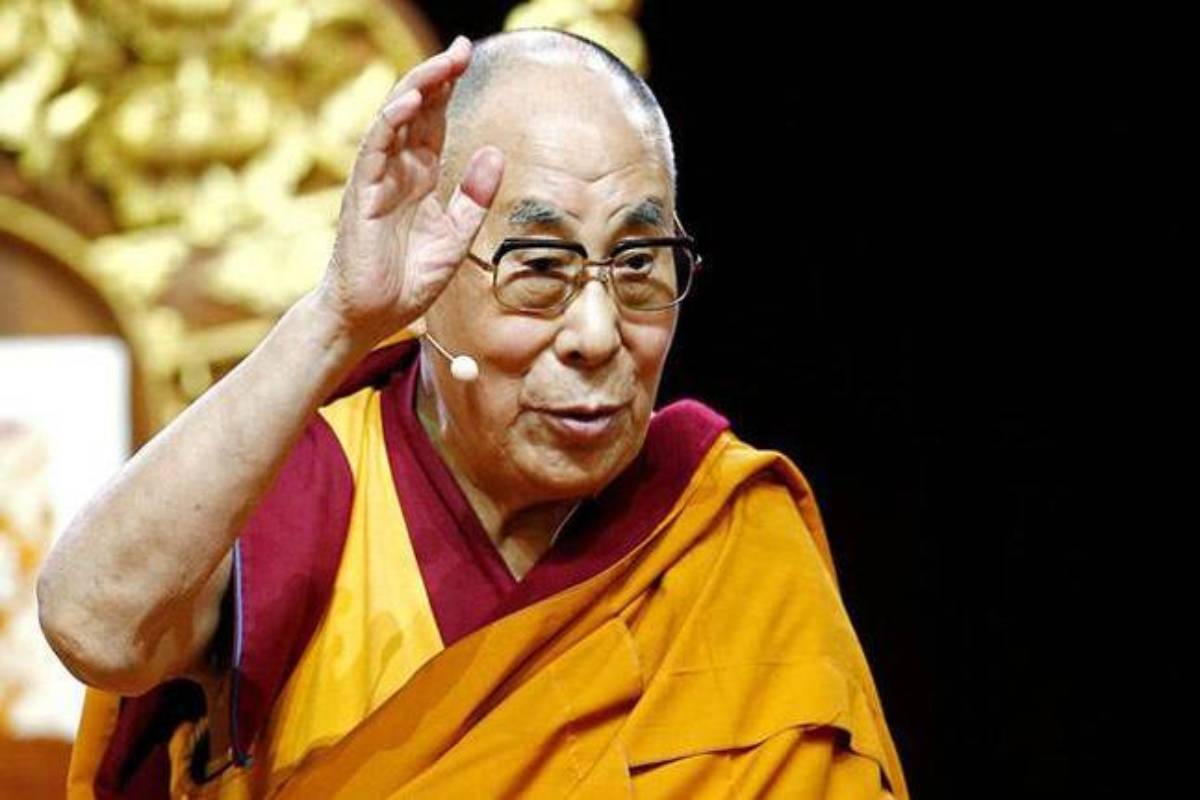With the Dalai Lama having celebrated his 89th birthday, the global Tibetan community is on the cusp of a significant transition. The revered spiritual leader’s age and recent health issues have cast a spotlight on the future of the Tibetan movement in the absence of his influential presence. While he recuperates from a medical procedure in the United States, concerns about succession and the on-going struggle for Tibetan autonomy are more pressing than ever.
The Dalai Lama, who has been a beacon of hope and resilience for Tibetans in exile, has indicated that he will soon address the contentious issue of his reincarnation and succession. This announcement is crucial, given China’s insistence that it will select the next Dalai Lama. This assertion by Beijing is not just a matter of religious authority but a strategic move to control and influence the Tibetan narrative. For Tibetans and their supporters, the fear is not merely about losing a spiritual leader but about the potential fracturing of their movement. The Dalai Lama’s philosophy of the “Middle Way” ~ seeking genuine autonomy within China rather than full independence ~ has garnered international support and kept the Tibetan cause alive on the world stage. However, his eventual successor will likely lack his global recognition and diplomatic acumen, posing a risk to the movement’s cohesion and momentum.
Advertisement
Without his unifying presence, there is a tangible fear that younger Tibetans, frustrated with the slow progress and continuing repression, may lean towards a more radical stance, demanding outright independence rather than autonomy. This transition comes at a time of heightened geopolitical tensions between China and the West. The US, a long-time supporter of the Tibetan cause, has recently intensified its efforts to counter China’s narrative on Tibet’s historical status. This strategic shift, marked by new legislation, aims to challenge Beijing’s claims and push China towards negotiations. Yet, the success of this strategy depends heavily on the unity and resolve of the Tibetan leadership and its diaspora.
India, hosting the Dalai Lama for over six decades, finds itself in a delicate position. The recent border clashes with China add another layer of complexity to its diplomatic stance. While India has historically supported the Dalai Lama, it must navigate its relationship with China carefully. The succession issue will inevitably draw India further into the fray, potentially affecting its diplomatic and security strategies. The future of the Tibetan movement hinges on the decisions made in the coming months. The Dalai Lama’s plans for succession and reincarnation could either fortify the movement or lead to internal discord.
The Central Tibetan Administration (CTA) and other pro-Tibet groups must prepare for this transition, ensuring that the principles of the Middle Way remain at the forefront. The Dalai Lama’s birthday celebrations were not just about honouring a revered leader but also a poignant reminder of the challenges ahead. The Tibetan community must brace for a future without their spiritual anchor, striving to maintain unity and purpose amidst uncertainty









